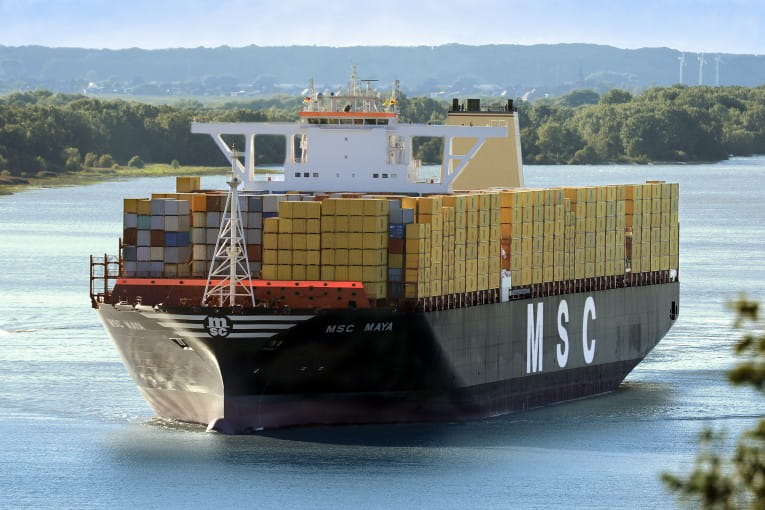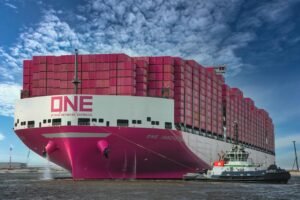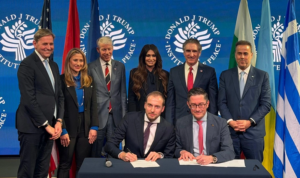MSC Mediterranean Shipping Company has joined SEA-LNG coalition to further assess and collaborate on the long-term prospects of bio-LNG.
The Geneva-based container line has made investments in the last years in LNG-fuelled vessels in the different sectors it operates within. In 2022, MSC saw its first five newbuilding dual-fuel LNG capable container vessels in operation.
MSC´s executive vice president Bud Darr sees “fossil-based LNG as a fuel in transition,” as he said characteristically, and expects bio and renewable synthetic LNG to be a key part of the company´s longer-term multi-fuel strategy for deploying net zero fuels.
The liner giant hopes to maintain a modern fleet that will advance progress towards net zero decarbonisation, by replacing conventional fuel vessels with dual-fuel capable vessels in the short term, including those fuelled by LNG.
In the cruise sector, the company has launched MSC World Europa and MSC Euribia, whose maiden voyage was powered by bio-LNG.
The aim of the company is to meet its target of complete net decarbonization by 2050.
Meanwhile, the shipping giant MSC is actively exploring a range of alternative fuels and propulsion solutions that will help the business move even closer towards net zero.
MSC expects to operate its vessels on a range of fuel options in the future, particularly looking at those that might become available at scale within a small number of years.
Bud Darr, Executive Vice President, Maritime Policy & Government Affairs MSC Group, said “We look forward to working with SEA-LNG to further assess and collaborate on the exciting long-term prospects of bio-LNG, and particularly renewable synthetic LNG, as mainstream marine fuel molecules.”
Peter Keller, chairman of SEA-LNG commented that existing LNG infrastructure can accommodate bio-LNG and renewable synthetic LNG as they become increasingly accessible, lowering investment barriers.



